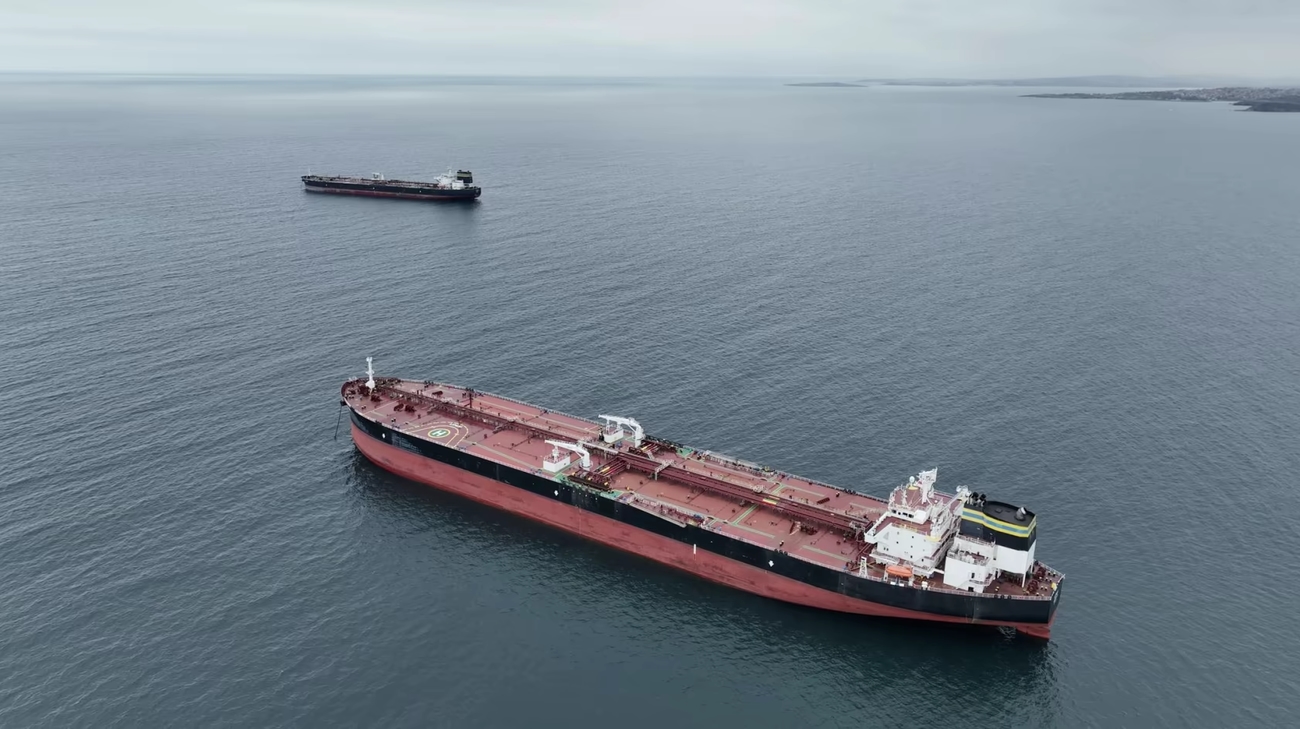The Scale of Russia’s Shadow Oil Fleet: Challenges of Sanctions and Global Risks

According to the reputable American publication The New York Times, every sixth oil tanker in the world’s oceans is part of Russia’s so-called ‘shadow fleet,’ which raises significant international concern.
This covert network has emerged as a result of Russia’s bold and rapid strategy to bypass Western sanctions imposed after its full-scale invasion of Ukraine in 2022.Russian operators have successfully established a complex and discreet fleet of aging vessels, often lacking adequate insurance and transparency.
According to analysts at S&P Global Market Intelligence, by early 2025, this ‘shadow fleet’ included over 940 ships, representing a 45% increase from the previous year.
This accounts for approximately 17% of all active oil tankers worldwide.The activities of this fleet pose numerous challenges to international energy trade controls.
Most vessels operate without proper insurance, frequently change flags, provide false information about their location, or illegally load oil at sea.
These practices complicate tracking the origin of oil and enforcing existing sanctions targeting Russia.Furthermore, industry experts report that the average age of ships in this fleet is around 20 years, significantly older than the global average of 13 years for oil tankers.
Natalia Ho Zak of Greenpeace Ukraine emphasizes that operating old ships without insurance heightens the risk of environmental disasters and possible sabotage of underwater infrastructure, such as pipeline or cable damage.Western authorities have already outlined further steps.
On September 12, EU High Representative for Foreign Affairs Catherine Kalash announced that the EU is finalizing the 19th sanctions package, which will impose additional restrictions on Russian oil exports, dismantling the shadow fleet, and targeting related banking structures.
Last month, U.S.
lawmakers also proposed legislation to expand sanctions on this problematic sector.
The international community is therefore intensifying efforts to curb Russia’s oil trade, with significant geopolitical and economic consequences.The situation with the ‘shadow fleet’ remains extremely complex and multifaceted, requiring coordinated actions from governments and international organizations to prevent ecological catastrophes and ensure transparency in the global oil market.

